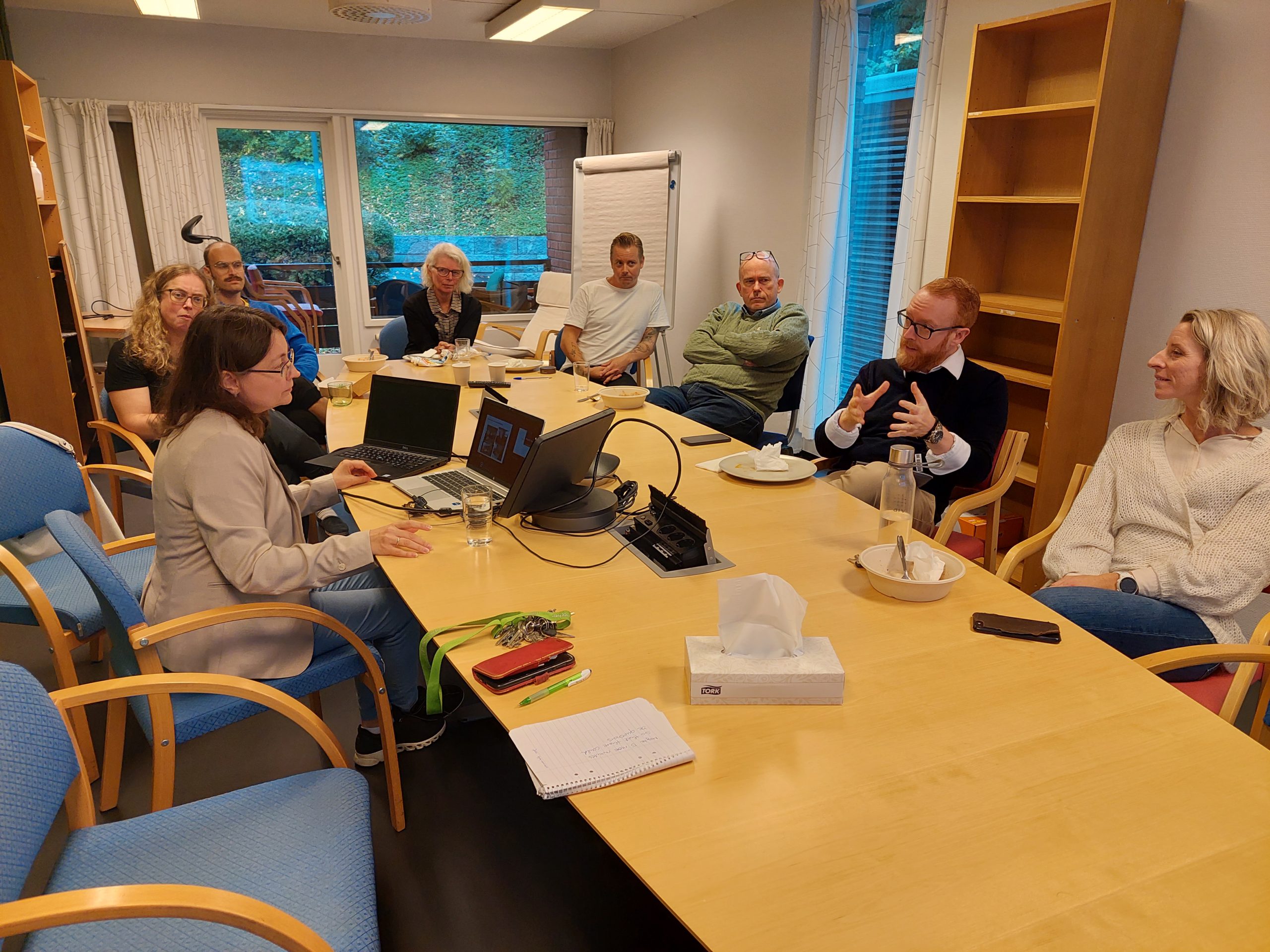COREnet Short-term Scientific Missions (STSMs) – promoting researcher mobility on migration and religious diversity

COST Actions support Short-term Scientific Missions (STSMs) aimed at promoting researcher mobility and advancing knowledge. COREnet, a research and innovation network including 35 COST member countries, focuses on advancing collaborations in the fields of migration and religious diversity. To date, eight COREnet participants and researchers have been supported as they travelled between institutions to collaborate on cutting-edge research projects.
These international stays foster international collaboration, encourage the exchange of ideas, and support the development of new research perspectives on migration and religious diversity. These eight early-stage researchers and more experienced scholars came from Austria, the Czech Republic, Gran Canaria, Serbia, Spain, Turkey, and also included a Ukrainian scholar in Germany and a Turkish scholar in Austria. They travelled to Germany (University of Heidelberg), Norway (VID Specialised University), Poland (Jagiellonian University in Krakow), Portugal (Portuguese Lisbon University), Slovenia (University of Ljubljana), Spain (The institute of Public Goods and Policies (IPP) at the Spanish National Research Council (CSIC)), and the UK (University of Oxford; Westminster University), to work collaboratively with other stakeholders and researchers.
Some examples of the specific topics that were being focused on during these STSMS include religious (in)tolerance, the representation of migrants in contemporary textbooks, the representation of Muslims in British drama, Ukrainian refugees, populism, conspiracy beliefs, immigration in Europe and within European countries as well as inter-religious dialogue concerning migration.
Benefits of STSMs
Through these international mobility opportunities facilitated by COREnet, participants experience not only intellectual support on their specific research projects, but also are able to enjoy the cultural diversity of the host country for these short periods. This mobility helps researchers, particularly in the topic focus of COREnet, to reflect on practical issues pertaining to migration (such as visa controls and requirements that restrict mobility for some countries within the COREnet consortium) and to experience cultural and religious diversity first hand. These elements – international mobility and diversity – underline the essence of COREnet and are integral in the STSMs that COREnet participants undertake.
Dr Eglė Aleknaitė, the COREnet Grant Awarding Coordinator from Vytautas Magnus University, Lithuania shares that: “Short term significant missions provide benefits for researchers, research institutions and their societies, as they create opportunities to share and gain new knowledge and experience necessary for understanding of and dealing with migration-related religious diversity. We are delighted that recipients of grants have reported the progress of their current research, as well as the long-term future collaboration they are foreseeing as a result of their missions”.
Though we target our grants for the missions at PhD and early career scholars in particular, the grants are available and beneficial for researchers of any career stage. While young researchers enjoy opportunities to learn through collaboration with senior colleagues of host institutions, the missions completed by advanced scholars will result not only in publications of their findings, but also in seminars, conferences and joint research project proposals planned as part of further collaboration.
Professor Siniša Zrinščak, the STSM Coordinator from Faculty of Law of the University of Zagreb, Croatia, highlights that “STSMs stimulate new ideas and ways of researching the complex relations between religion and migration”.
Senior Researcher at NORCE, Norway, and co-STSM Co-ordinator, Dr Gilda Seddighi agrees: “We hope early career researchers find STSM beneficial for international networking and mobility” and emphasises that “Therefore, it is important our colleagues support us and spread the call internationally.”
Outputs from these STSMs include the analysis of data sets, learning different technologies, sharing literature sources, preparation of conference papers and presentations, as well as the preparation of academic scientific publications, proving the invaluable opportunities STSMs offer to researchers.
For information on new STSM calls and the specific activities that COREnet STSM researchers are partaking in, including specific STSM activities, you are invited to subscribe to https://corenetcost.eu/. Sign up and receive newsletter updates on key activities and to browse through the content at your leisure. COREnet welcomes comments from all stakeholders and people interested in migration and religious diversity, and we invite you to share the material and to join in the ongoing discussions.
Prepared by Marian Crowley-Henry, Maynooth University, Ireland, COREnet Working Group 5 co-leader (Dissemination and Communication).
In the picture: Dr Olena Panych, a Ukrainian scholar from Technical University of Dresden, visited VID Specialized University in Oslo in order to conduct her STSM.
